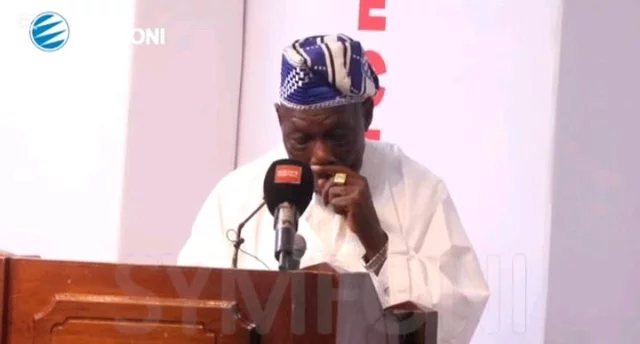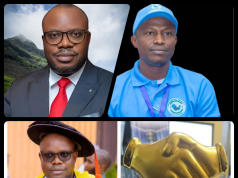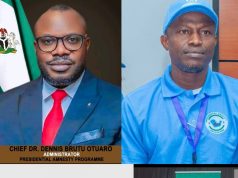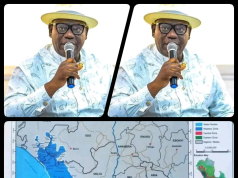In a passionate and emotionally charged appeal, former President Olusegun Obasanjo has sounded the alarm over the deepening economic hardship and growing hunger gripping millions of Nigerians. Speaking in a recent video address, Obasanjo voiced his concerns beginning at the 15:50 mark, where he painted a bleak picture of the nation’s socio-economic condition.According to the elder statesman, Nigeria is not merely facing a challenge of poverty—it is grappling with a full-blown crisis that touches the very essence of human survival and dignity. He lamented that the suffering being experienced by ordinary Nigerians has gone far beyond financial lack, evolving into a daily struggle for food, shelter, and basic necessities of life.> “What we are dealing with now is not just about people not having money in their pockets,” Obasanjo said. “We are dealing with a situation where hunger has become normalised, where parents are helpless in feeding their children, and where survival itself is a challenge for millions.”Obasanjo urged both federal and state governments to shift focus from political rhetoric to urgent, people-centered action. He emphasized the need for immediate policy interventions aimed at reviving agriculture, stabilizing the economy, and ensuring food security for all Nigerians.He also called on well-meaning Nigerians, civil society groups, and the international community to pay attention to what he described as a “deteriorating humanitarian crisis.”> “We cannot continue to act like everything is normal,” he stressed. “The nation is bleeding. People are hungry, angry, and hopeless. The time to act is now—before this crisis spirals completely out of control.”Obasanjo’s remarks come at a time when inflation is at a record high, food prices have soared, and many Nigerians are struggling to make ends meet amid a harsh economic climate. His emotional appeal has since sparked widespread reactions, with many echoing his concerns and calling for renewed urgency in tackling the root causes of poverty and hunger in the country. what’s your take on this.





